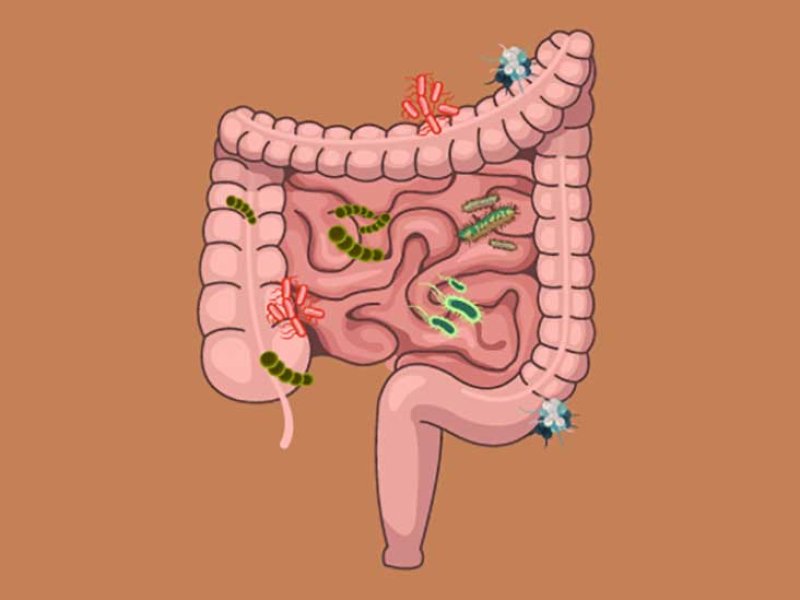Despite a decades-long search, scientists have yet to pinpoint effective ways of protecting the brain from poststroke damage. In recent years, a new potential player in stroke outcome has emerged: the microorganisms in our guts.
…
Venugopal Venna, a stroke researcher at the University of Texas Health Science Center at Houston, and his colleagues have been examining whether age-related changes to the microbiome affect recovery.
…
The scientists first depleted the rodents’ gut microbes with antibiotics, then used fecal pellets to introduce microbiota from either young or old animals. When the team induced ischemic strokes in the rodents a month later, it found that young mice with older microbiomes had worse outcomes than their counterparts with intestinal flora from younger animals. They had higher rates of mortality, greater neurological deficits, slower recovery of muscle strength and movement, and increased levels of inflammatory molecules. Meanwhile elderly mice fared better with young microbiomes than old ones.
…
Most of the findings supporting the microbiome’s role in stroke have stemmed from research in animals, so whether the benefits will carry over to humans remains to be seen.
Read full, original post: Targeting Gut Microbes May Help Stroke Recovery































